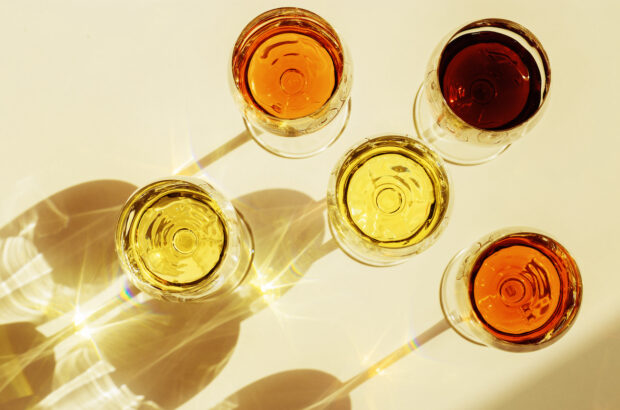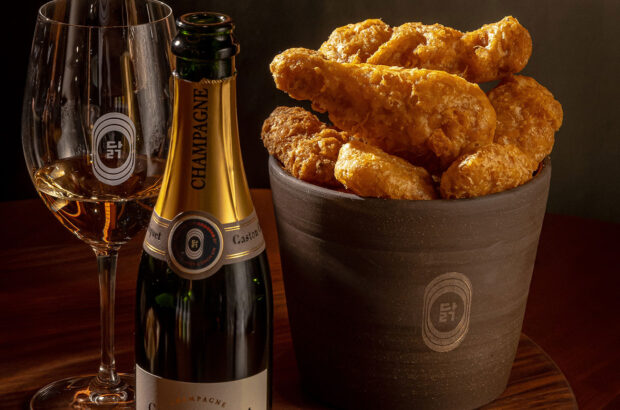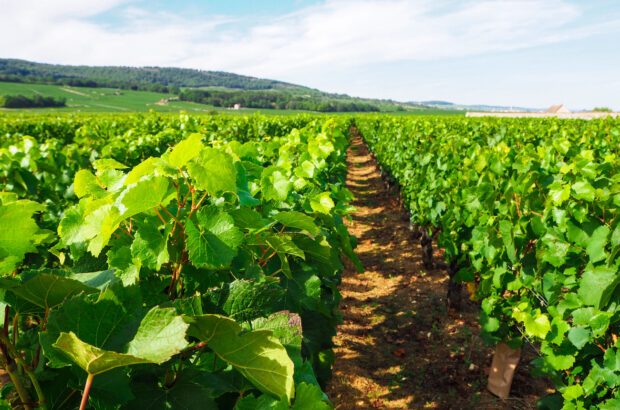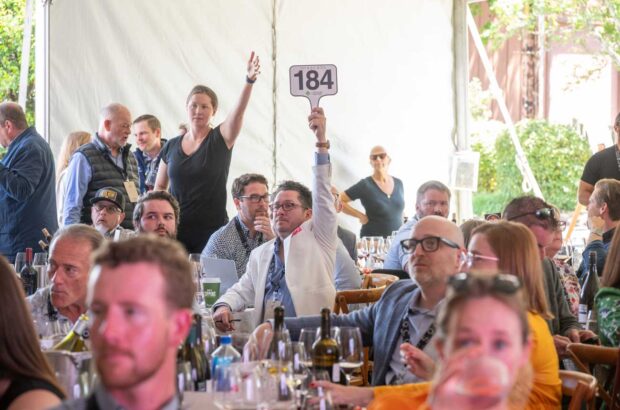Defence lawyers for the convicted wine fraudster Rudy Kurniawan have told decanter.com of their plan to lodge an appeal, their difficulties in finding non-hostile witnesses and that they would have welcomed the chance to question Acker Merrall & Condit chief John Kapon.
Kurniawan was only able to call on one witness, Cornelius Robert Collins, during his trial in New York over the past fortnight.
He faces up to 40 years in prison after this week being convicted by a 12-strong jury of making, selling and attempting to sell more than $1m of counterfeit wines and of fraudulently securing a $3m loan.
Speaking to decanter.com following the trial, Jerome Mooney, one of Kurniawan’s two defence lawyers, said he had limited options to call extra witnesses.
‘After Rudy was arrested most people who had been on his side fled,’ Mooney said. ‘Those still wanting to be embraced as a part of the fine wine culture are often motivated to distinguish themselves from Rudy at any cost, and at his expense.’
Defence teams must always be wary of hostile witnesses, he said. ‘For these reasons we did not see benefit that outweighed the risk of calling additional witnesses at the trial.’
Kurniawan will not be sentenced until 24 April, but his lawyers are already planning a last-ditch appeal beyond that date, which, if successful, could result in a retrial.
The appeal is likely to centre on whether the court was right to allow items seized in Kurniawan’s Los Angeles home to be used as evidence. These items included wines, bags of labels, corks and stamps for well-known chateaux.
Looking ahead, Mooney suggested that the defence team may be more expansive in its presentencing report, which is due in late March. ‘Some of the issues that the press wanted to see fleshed out in more detail at the trial may become more central now,’ he said.
Mooney added that he would have preferred to question Acker Merrall chief John Kapon on the witness stand, rather than the firm’s director of auction operations, Truly Hardy. It was the prosecution’s decision to call Hardy.
Acker Merrall was mentioned several times during the trial as one of the auction houses that Kurniawan consigned a significant number of wines to, and to whom Kurniawan had owed a large amount of money.
Acker Merrall was not able to return a request for comment on its reaction to Kurniawan’s conviction ahead of decanter.com’s deadline.
Among several witnesses, those observing in court and in the wider wine world, Kurniawan’s conviction has been greeted with a sense of relief.
‘I am never pleased to see a man condemned, but he is guilty,’ said Aubert de Villaine, proprietor of Domaine de la Romanee-Conti – the Burgundy estate that unwittingly yielded Kurniawan’s nickname of ‘Dr Conti’.
‘I hope that this very hard ending of a very sad story will serve as an example: to make counterfeit bottles is no longer a safe and simple way to make a lot of money quickly,’ de Villaine told decanter.com.
Billionaire wine collector Bill Koch, who testified at the trial, said, ‘The criminal conviction of Kurniawan has brought to justice one of the world’s most prolific counterfeiters of fake wine.’
Koch told jurors during the trial that he had been ‘conned’ by Kurniawan and, among other purchases, spent $2.1m on 219 bottles that had been consigned for auction by the defendant.
He continues to have a lawsuit pending against Kurniawan, and he reiterated his desire to continue to expose fine wine counterfeiters and their associates. ‘Sadly, Kurniawan’s fraud crimes are not isolated,’ he said.
Written by Chris Mercer







